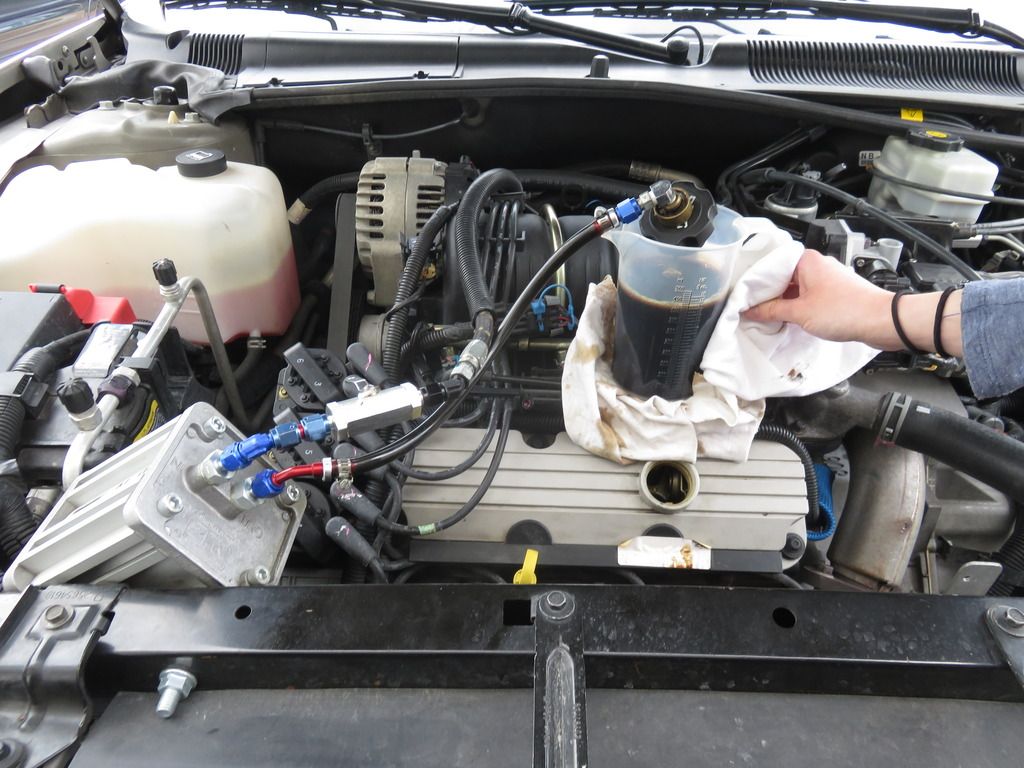Originally Posted By: Malo83
This place never ceases to amaze me, extended oil changes, using oil filters for 2yrs, old oil has good anti wear properties etc,etc.
I'll stick to my 5K OIC, fresh oil and filter.
^^^So what he really means is, my mind is made up regardless of facts, leave me alone to laugh and mock those who do differently than I do.
My response? Yuck it up; my 16K used oil is 8 times cleaner than your new out of the bottle contaminated oil. I'm running bypass filtration which is 99.97% efficient at 2 microns, Beta ratio of 2000. Do you have a clue what I just said? And my manufacturer's spec. filter change will be at 30K.
http://www.ntzfilter.com/popup/slide26.asp
If you really think your new oil is so great, read Shannow's post here on p2:
http://www.bobistheoilguy.com/forums/ubbthreads.php/topics/3533589/2
Then search the internet all you wish to, and let me know with a sourced post if you can find an API or SAE or ASTM specification for cleanliness of "new" oil. While you're at it, see if you can post a link to manufacturer's specs (GM, Ford, Chrysler, Acura, Honda, Audi, BMW, Porsche, etc.), pick your OEM and post THEIR specs for cleanliness of new oil.
Hint:
https://www.hyprofiltration.com/clientuploads/directory/CaseStudies/PDFs/CAT 5 Star.pdf
There isn't a motor oil on the market clean enough to go in a Caterpillar engine without further filtration. Enjoy your dirty new oil.
Hint: I've spoken on the phone to the President of the PQIA (Petroleum Quality Institute of America) and asked that very question; he told me he'd never been asked that question before.







